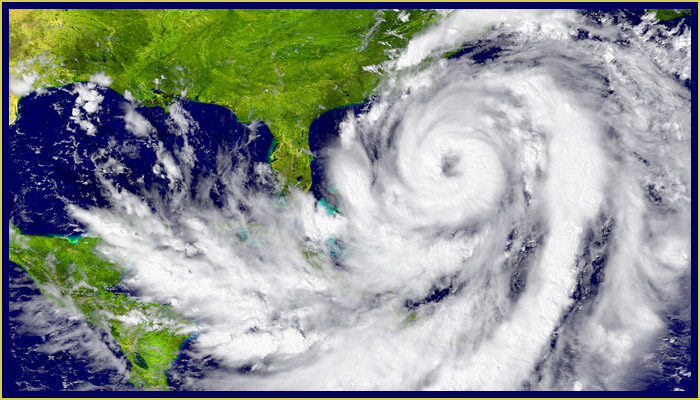Don’t Let A Disaster Take You by Surprise!
Don’t Let A Disaster Take You by Surprise!
by David D. Holland
Hurricanes happen. So do earthquakes, floods, tornadoes and wild fires (not to mention, epidemics, burglaries, terror attacks, etc.). Many of us experience fear associated with these events because of the financial (and emotional) havoc and upheaval they can cause to our lives. Some shrug and say, “But, what can you do?” As you know, I encourage my clients to plan for their financial futures, and guess what? You can plan ahead for natural and man-made disasters, too.

Lisa Bedford is the author of Survival Mom: How to Prepare Your Family for Everyday Disasters and Worst Case Scenarios. Lisa was a guest on my radio show a few months ago. She shared some great tips on how to supply yourself with items that could be life-sustaining in the event of an unexpected disaster.
Whittle It Down. If you ask yourself a few questions, you can identify the types of calamities that could impact you. What are the most likely natural disasters that could occur in your area? These will vary depending on your location. Mud slides? Wild fires? What are the most likely weather events? Flooding? A blizzard? The most likely man-made disasters? A home invasion? A car-jacking? The most likely personal disaster? A medical issue or a job loss? After you have made a list of answers, pick the event that is most likely to occur in each category and concentrate your efforts on preparing for that event.
Money Well Spent. In some cases, a disaster may require you to leave your home or office quickly – or conversely, you may have to hunker down at home for several days without utilities. Consider having a backpack prepared with basic survival supplies. Include flashlights, batteries, vacuum-packed foods and water. (Change out these supplies on a regular basis to avoid spoilage.) Don’t forget prescription medications and sanitary supplies. It would be smart to keep an emergency bag at the office or in your car, as well.
Cash Is King. Keep in mind that power outages could mean no use of ATM machines, which would also mean no use of credit or debit cards. Keep some cash available in a safe place. If you have cash, and someone else only has a credit card, who do you think will get the needed service? The person with cash!
Just like a good financial plan can help you mitigate financial disasters in retirement, having supplies ready in case of a natural or man-made disaster is a way to make a bad situation bearable and keep your fear and anxiety at bay.
